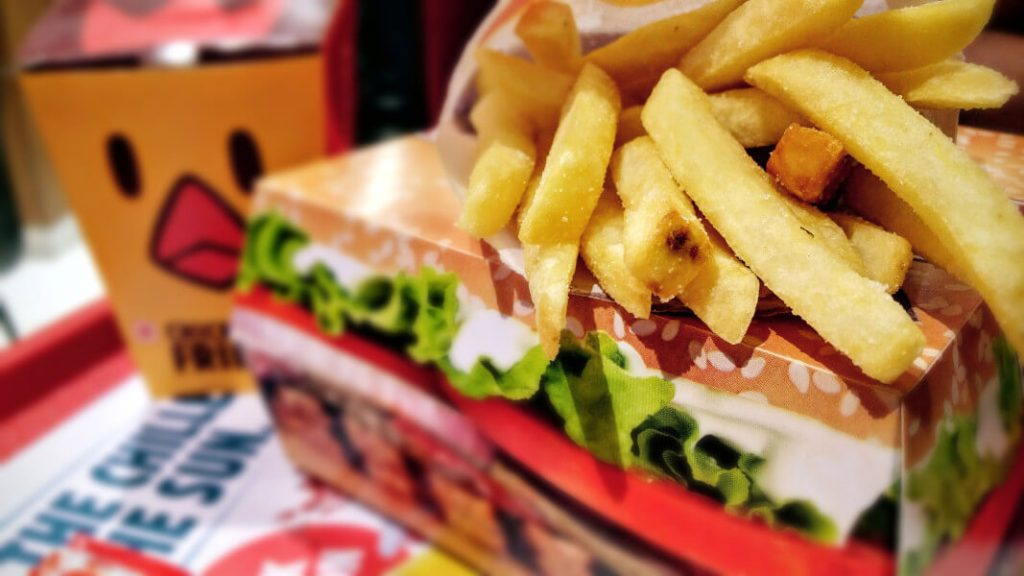Some parents are in an uproar after a Missouri school district instituted a new policy banning fast-food from the premises.
Fox News reports that Richmond School District made the announcement via social media earlier this month and was met with immediate backlash from parents, who cited that the district was overstepping its boundaries in terms of what their children can eat.
“Parents’ lives are busy. They sometimes have things going on, and sometimes, grabbing a 10-piece nugget from McDonald’s and taking it to their child shouldn’t be an issue,” one parent commented.
“I don’t agree with this. At all. I’m the parent. It is my job to parent my child and make those decisions. What she eats, how much she eats, what she wears, how she does her hair, if I keep her home because she is sick, those are MY decisions,” added another.
On August 20, Richmond School District superintendent Mike Atyes posted a letter on the Dear Elementary Facebook page explaining the reasoning behind the change. “The main reason for implementing the policy is that the delivery of fast food has become a disruption,” he wrote. “What had begun as an occasional treat for one or two students had grown into an unmanageable takeout food distribution, causing office staff to abandon their real responsibilities” when up to 20 parents daily began dropping off bags of fast food for their child’s lunch.

Is fast food safe for kids?
However, disruption was not the sole reason for the new school policy. Aytes explained how over the years, public schools have been held accountable by parents and both the state and federal government for student health. New regulations have helped to ensure healthier school lunch policies, but bringing fast food, Aytes said, is “antithetical to the messages of wellness and nutrition that the schools are teaching.” In the UK, measures to ban fast food from within 400 meters of school zones seek to help improve student health.
Additionally, Aytes highlighted economic inequality within the district. Students who receive fast food daily have had a negative influence on the self-esteem of students whose parents cannot afford to bring a purchased lunch daily. “Those students, particularly younger ones, particularly the younger ones, are often made to feel like they are second-class citizens because their parents cannot deliver them a Happy Meal,” Aytes said.
Aytes closed the statement by ensuring that Richmond School District is not anti-fast food, but rather, pro-student. He encouraged parents interested in supporting the health and wellbeing of underprivileged students to donate to the school’s mid-morning snack program, which was designed to provide free food for students who may not get enough to eat at home due to economic circumstances. In other school districts, such as the Los Angeles Unified School District, vegan school lunch is being served daily as a way of improving student health.


